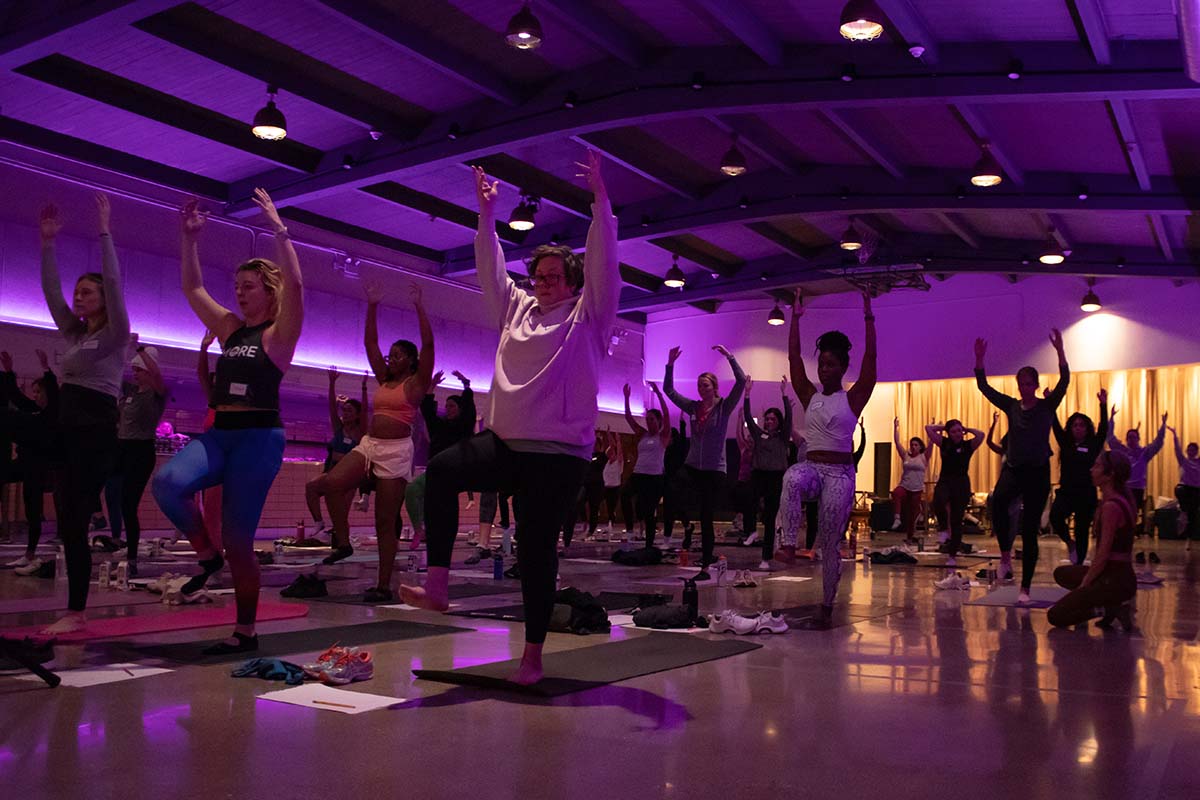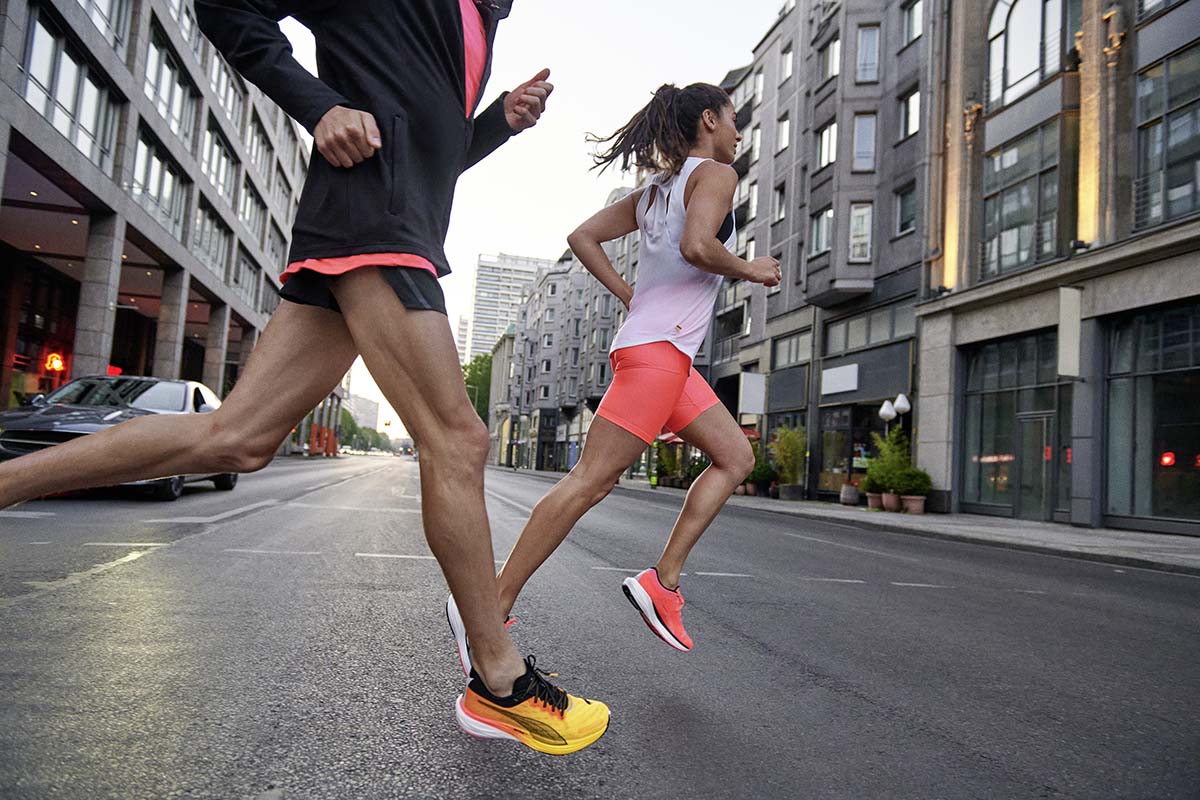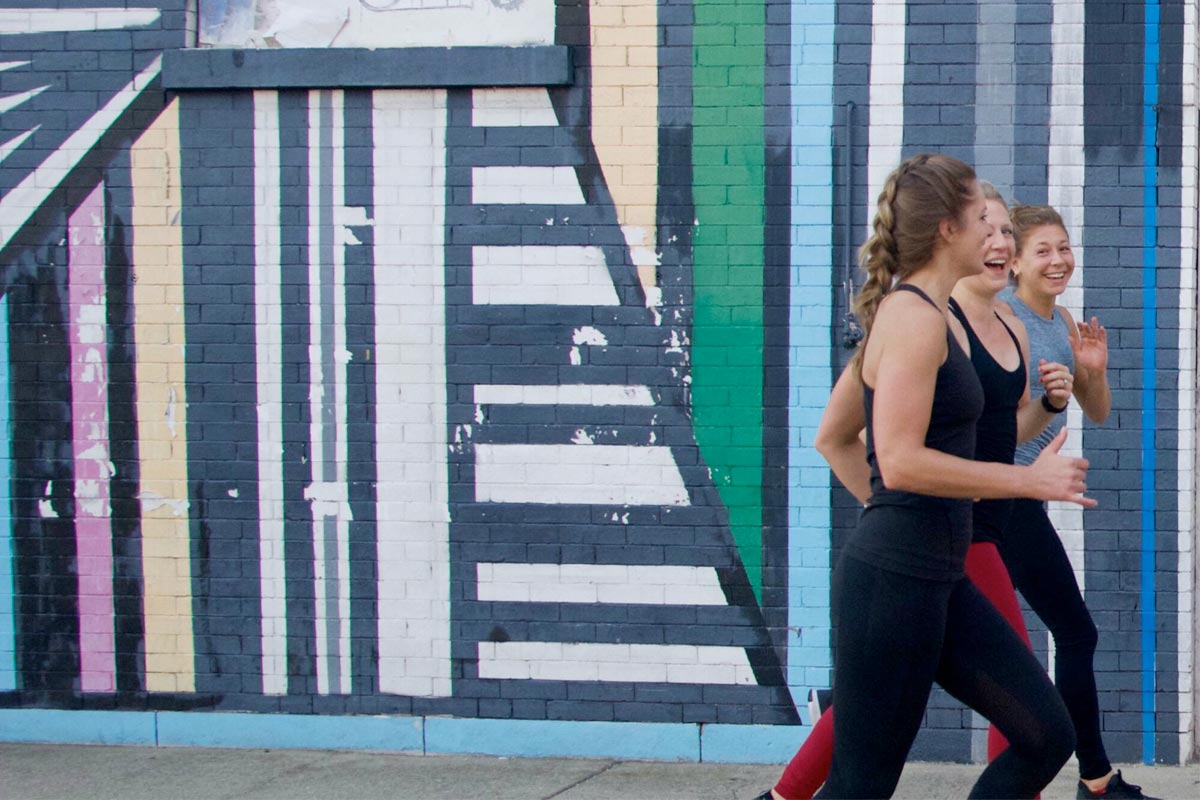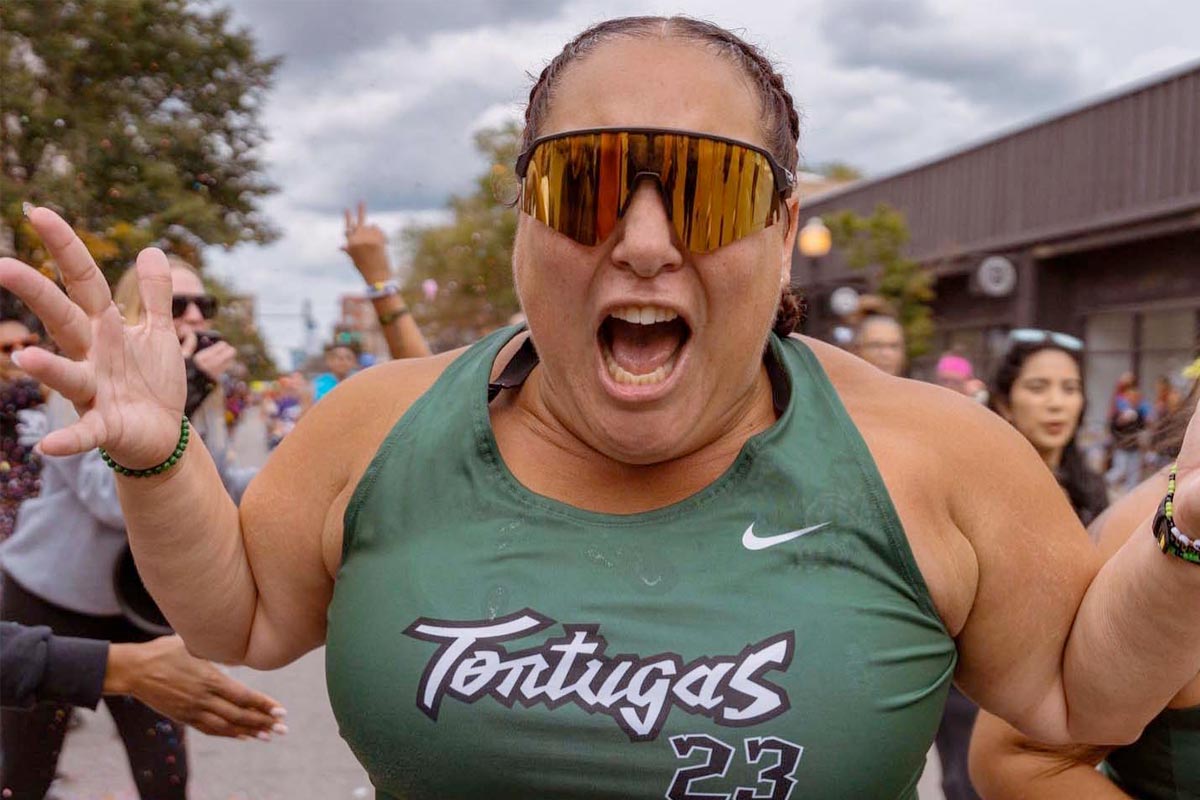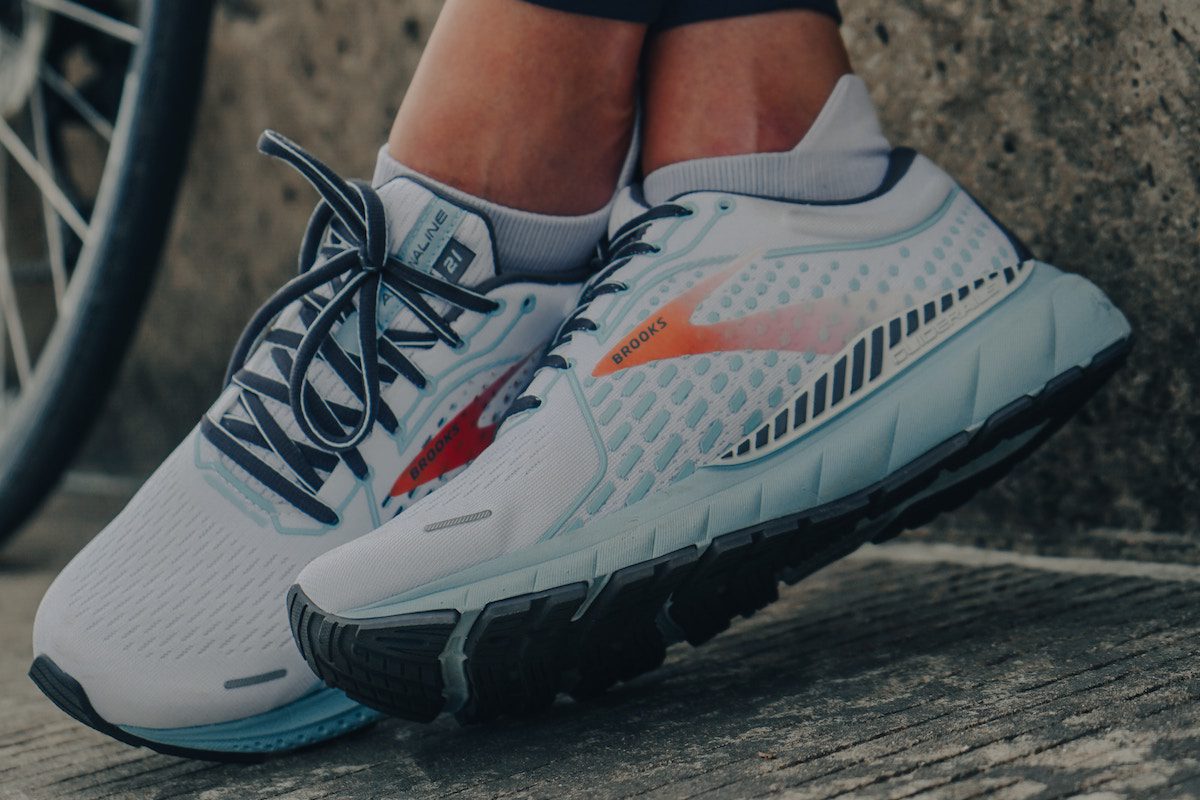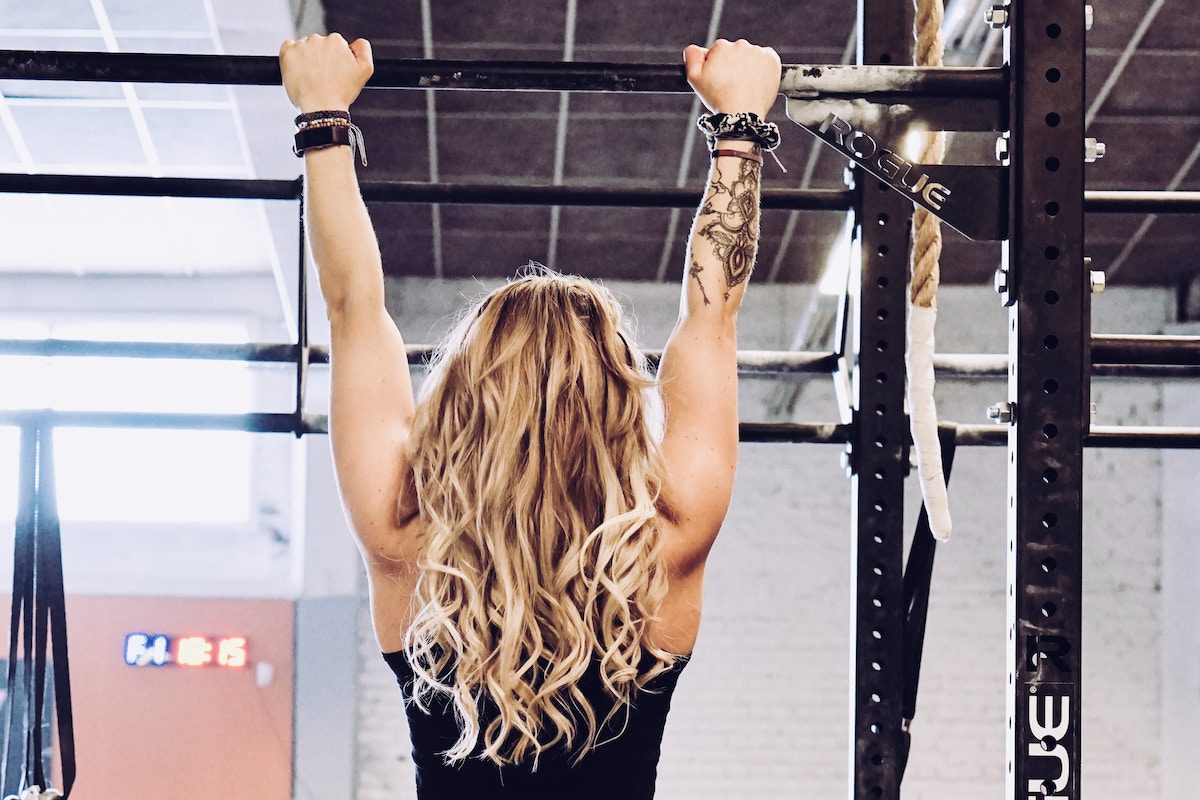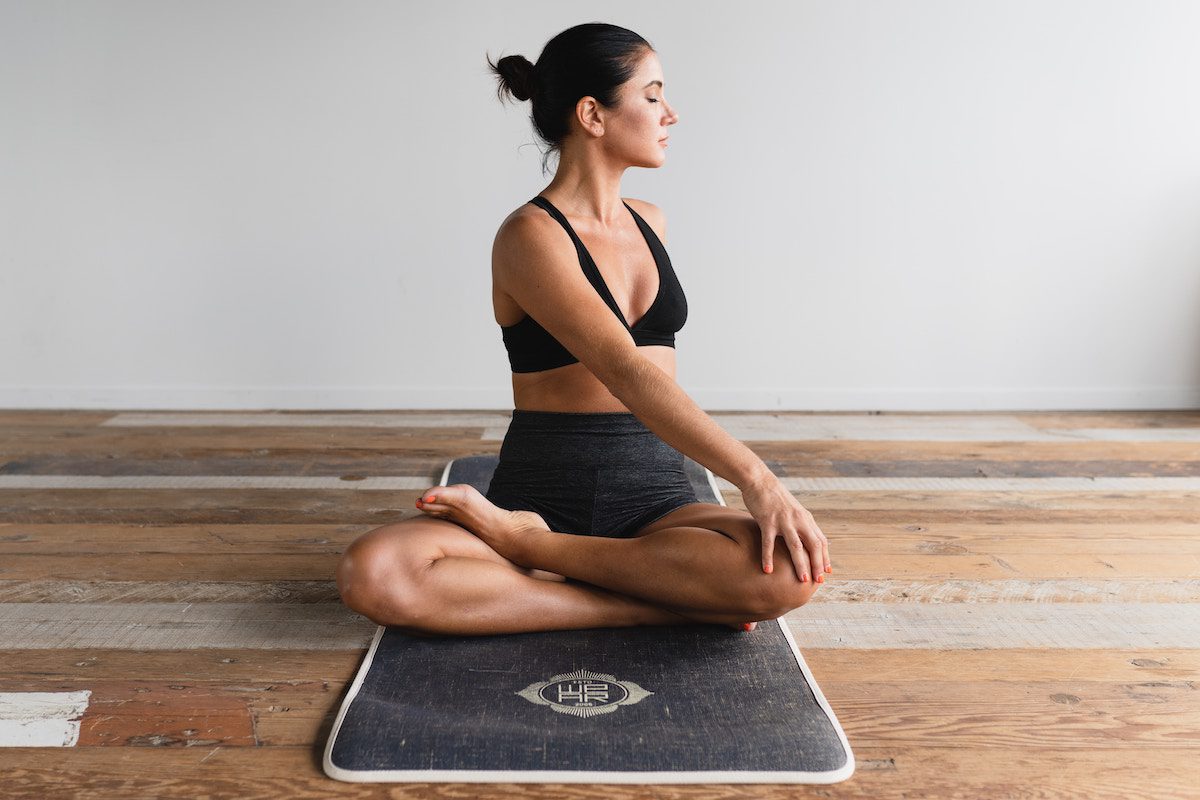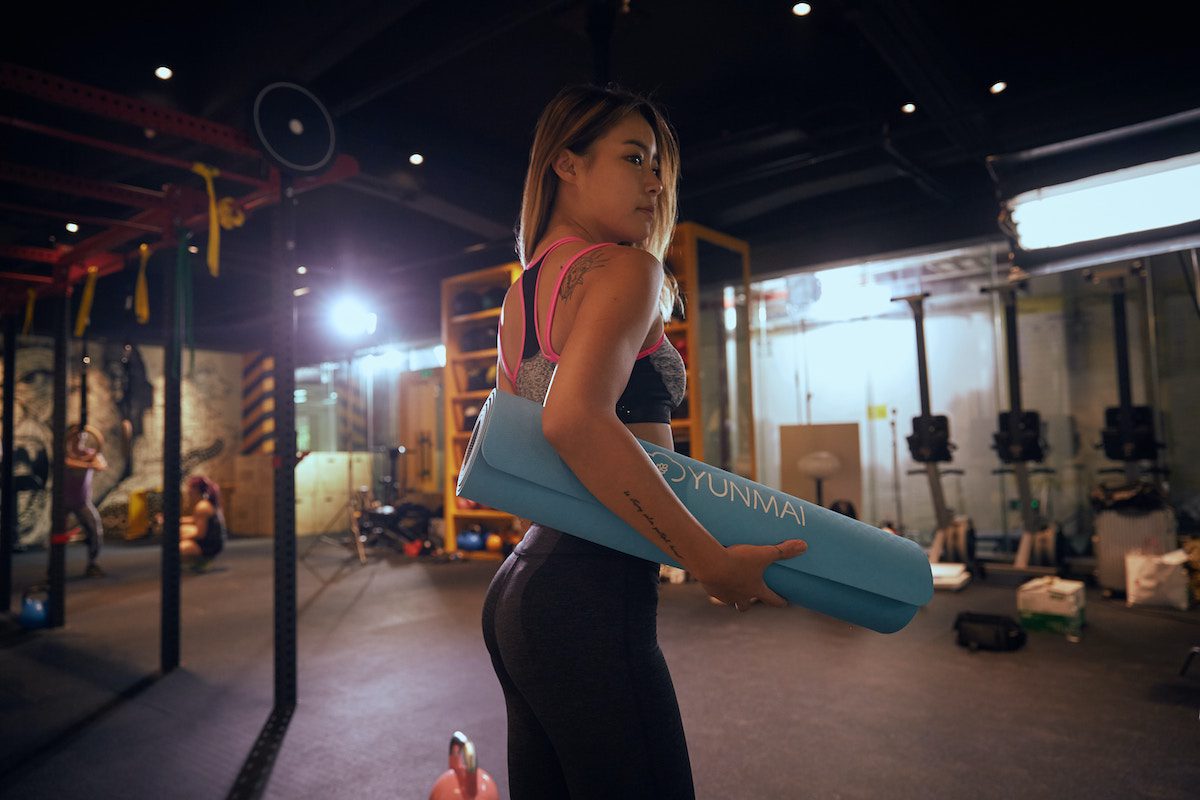What Is Athletic Testing — and Should You Try It?
I love data and looking at numbers. I especially enjoy looking at data to see where I’ve been, where I’m currently, and what I can do to get to my goals of where I want to go next.
When I became a NASM-certified personal trainer, my interest in data was piqued even further when I started learning about athletic testing. Think of things like RMR testing and VO2 Max testing.
After recently joining a new gym in the city (shout out to FFC Gold Coast), I saw they offered both RMR testing and VO2 Max testing. With some new member services to burn, I knew I had to try them both out for myself. Here’s everything you need to know about athletic testing, including RMR testing and VO2 Max testing.

Athletic testing
What is athletic testing? Sports performance testing, or athletic testing, measures how the body performs during activity and exercise and can provide valuable data for training, writes Intermountain Healthcare. In order to perform at the highest level, it helps to know how to train efficiently and effectively so you can better understand your body as well as how and where to improve.
There are many different types of athletic testing, but the two this article is going to focus on are RMR testing and VO2 Max testing, mainly because these are the two I’ve done so I can speak to them more.
RMR testing
RMR, also known as resting metabolic rate, is the rate at which the body expends energy (aka calories) when fasted and at complete rest, such as asleep or lying quietly. (This is all according to NASM, by the way. See, I knew my trusty old-school textbook would come in handy.)
Simply put, RMR is the number of calories the body uses at complete rest to function. Basically, if you decided to lie on the floor the entire day and not move, your body would still need to burn calories for things like, oh, I don’t know, breathing, fueling the brain, organ functioning, and pumping blood. You know, minor things like that. (Kidding. These are major things here, people.) Ultimately, RMR is the minimum energy expenditure (calories needed) to keep a person alive.
RMR can vary considerably among individuals, but people with more muscle mass tend to have a higher RMR because muscle is a more active user of ATP (the body’s main energy source) than any other bodily tissue.
RMR accounts for roughly 70% of an individual’s total daily energy expenditure (TDEE), so when you think your body isn’t burning calories, think again. Even if you’re bumming it on the couch all day and vegging out binge-watching your favorite show, your body is still working hard to keep you alive.
VO2 max testing
Now onto another type of athletic testing, VO2 Max testing. VO2 Max testing is the traditional gold standard measurement for cardiorespiratory fitness and is the most valid measurement of aerobic fitness, according to NASM.
Oxygen consumption, or VO2 Max, is a measure of the body’s usage rate of oxygen. It’s the difference between inspired and expired oxygen. VO2 Max testing measures the body’s upper limit of oxygen use, which is sometimes called peak VO2. In other words, VO2 Max is the maximal amount of oxygen an individual can use during intense exercise.
A higher VO2 Max score reflects greater oxygen utilization and a greater capacity for physical work. It’s also a better marker of health, mortality, and morbidity, making it the single most effective predictor of heart function because VO2 scores reflect overall heart health.
Individuals with higher VO2 Max scores generally have healthier hearts, have a greater capacity to perform work (as previously mentioned above), and may have lower risks of developing heart disease.
Benefits of athletic testing: RMR testing and VO2 max testing
RMR testing will help figure out an individual’s metabolic rate and will measure how much food and energy a person requires or needs to maintain basic bodily functions, such as breathing, heartbeat, and maintenance of body heat, explains Christine Kingsley, a US Advanced Practice Registered Nurse (APRN) and the health and wellness director of Lung Institute.
RMR testing can be helpful in identifying a potential metabolic disorder, such as hypothyroidism, as well as diagnosing other conditions, such as COPD, diabetes, heart disease, and mitochondrial disorders, notes Kingsley.
When it comes to VO2 Max testing, as mentioned above, it’s the gold standard in the field of medicine, especially in terms of determining an individual’s level of physical fitness.
“This type of testing is scientifically proven to provide plenty of benefits, which is why it’s an important test for people who are active or are planning to be,” explains Kingsley. “Some of its benefits include the evaluation of lung function and condition and the identification of an individual’s risk for cardiovascular conditions.”
The bottom line on athletic testing
When it comes to athletic testing such as RMR testing and VO2 Max testing, there are some benefits to both. However, keep in mind that it’s not a necessity to get either type of testing done. Heck, I’ve gone 35 years without it, but it was pretty freaking cool to learn more about my body and current state of health through RMR testing and VO2 Max testing. Kingsley also agrees.
“Athletic testing can provide individuals with an accurate picture of their fitness level, which helps determine the correct level of starting exercise intensity,” she says. “If a person is planning to adopt a healthy lifestyle, the results of the athletic testing will serve as a baseline for goal setting. This can help them achieve goals that will perfectly work for them.”
If you’re interested in athletic testing, whether it be RMR testing or VO2 Max testing, inquire at your local gym or healthcare facility and see if they offer it. I highly recommend both if you can!


